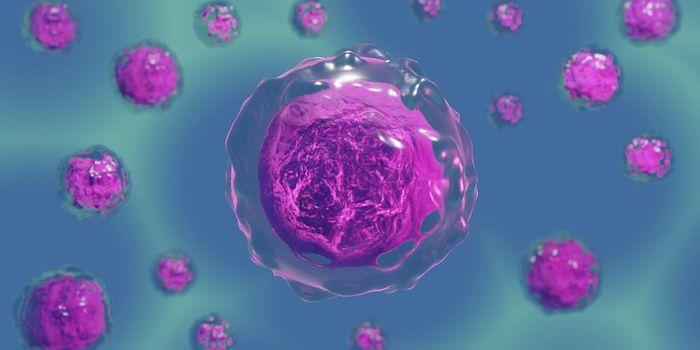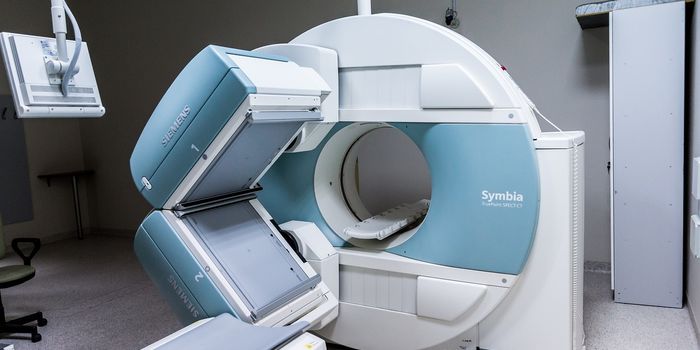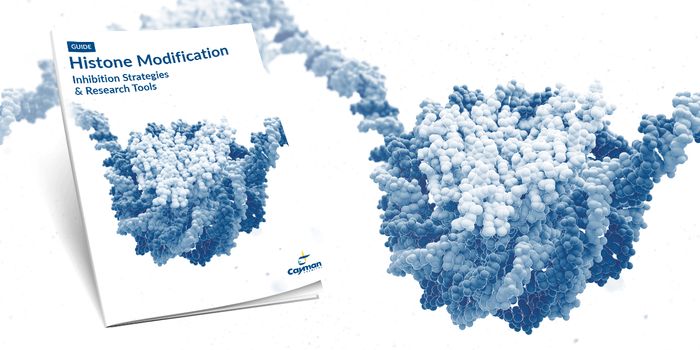New Mechanism For How Aspirin Fights Cancer
Aspirin, the ultra-cheap drug that’s ubiquitous in nearly everyone’s medicine cabinet, has a long been implicated as an anticancer drug. Strangely, however, the mechanisms of its purported anticancer effects have always been vague. Now, scientists say that it’s not the anti-inflammatory power of aspirin that thwarts cancer; rather, they think it’s because of aspirin’s effects on blood clotting.
Formally known as acetylsalicylic acid (ASA), aspirin is one of the cheapest and most widely used over-the-counter drugs. This humble drug is used to treat a variety of health conditions like the common fevers, headaches, and inflammation. Doctors also prescribe this drug to reduce the risk of heart attacks for patients who have already had one.
In recent years, aspirin gained the spotlight again as more research linked it to anti-cancer potential. Studies have previously linked aspirin to lowering the risks for colorectal and colon cancer by close to 20 percent.
As to why aspirin is such a miracle drug, researchers typically point out its anti-inflammatory properties. But in examining the mechanism behind aspirin’s effects, researchers at the Veteran’s Affairs in Texas found that aspirin may also affect platelets –blood cells that form clots to protect against bleeding out.
In particular, the team studied aspirin’s effects in cell cultures and mice. They found that ASA reduced the level of COX-1, an enzyme that revs up the body’s inflammatory responses. As a result, less platelets are able to circulate in the bloodstream, which reduces the chances of interaction between platelets and cancer cells.
As the team reports, platelets are useful in stopping bleeding. However, cancer can subvert these cells for its own growth. Thus, reducing platelet circulation may be the mechanism behind how aspirin lowers cancer risks.
"These results suggest that aspirin's chemopreventive effects may be due, in part, to the drug blocking the proneoplastic [supporting new, abnormal growth, as in cancer] action of platelets and [they support] the potential use of Aspirin-PC/PL2200 as an effective and safer chemopreventive agent for colorectal cancer and possibly other cancers,” the team reported in Cancer Prevention Research.
The team will next test aspirin’s safety and efficacy in people with colorectal cancer. In the mean time, they say the results "support the use of low-dose aspirin for chemoprevention."
So, does an aspirin a day keep cancer at bay? You and your doctor decide.
Additional sources: Veterans Affairs Research Communications









